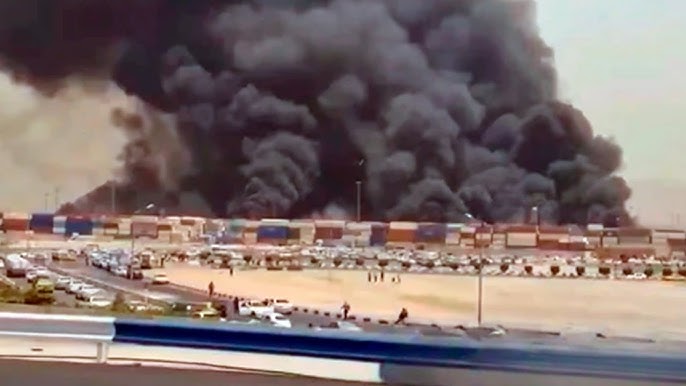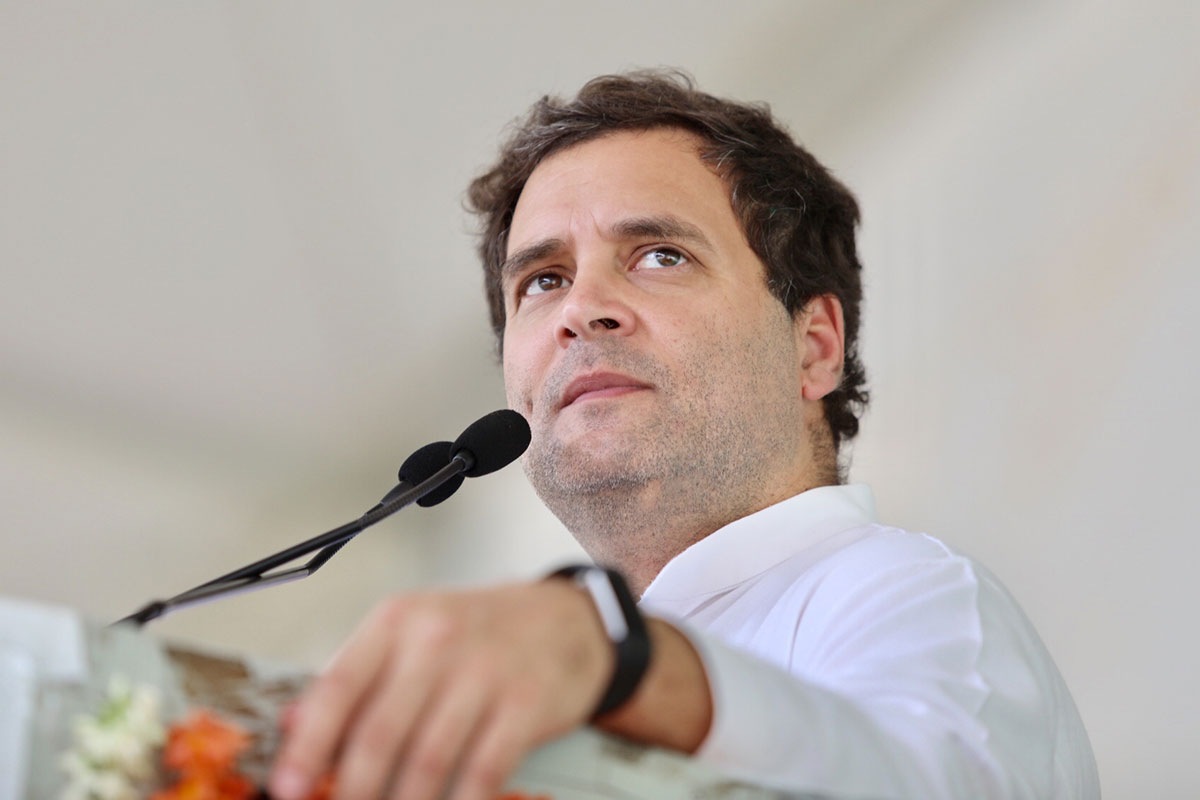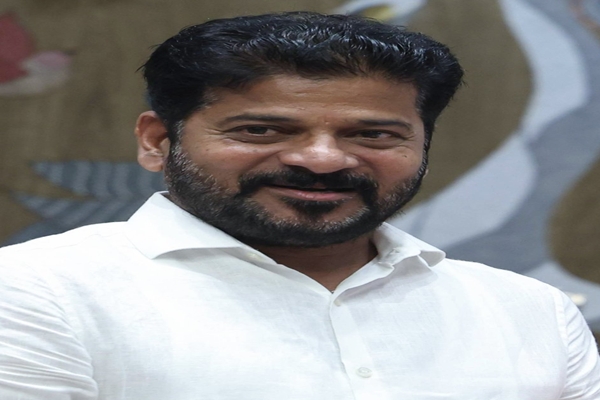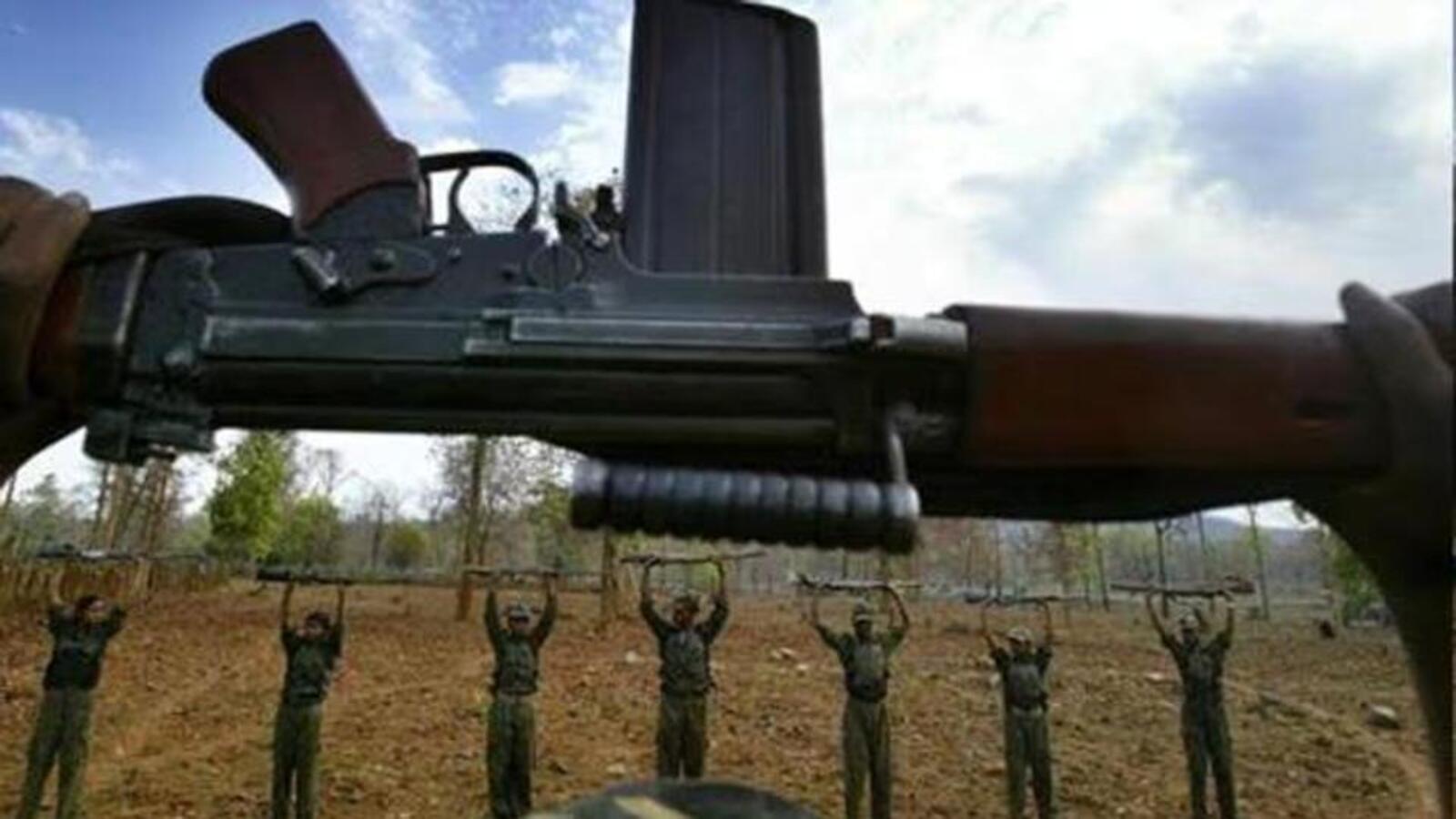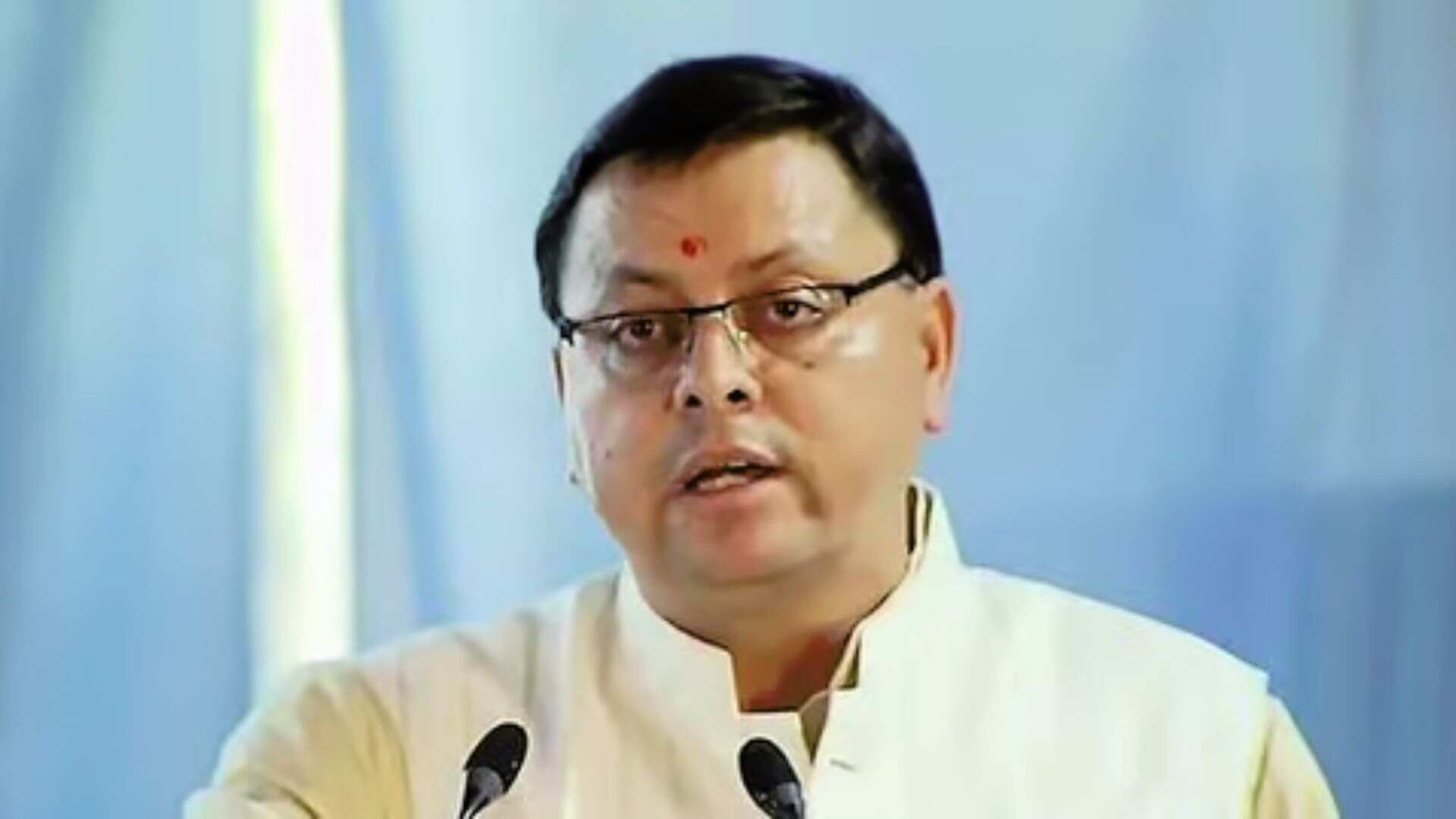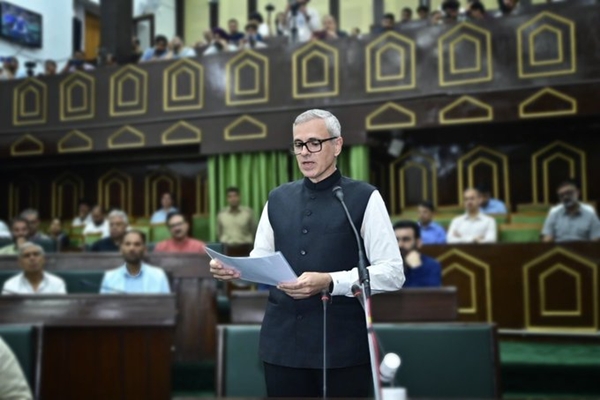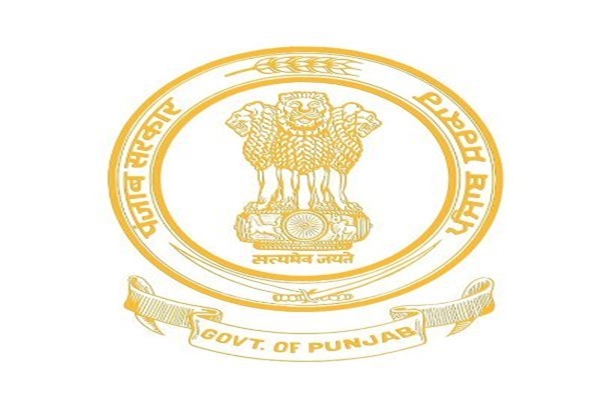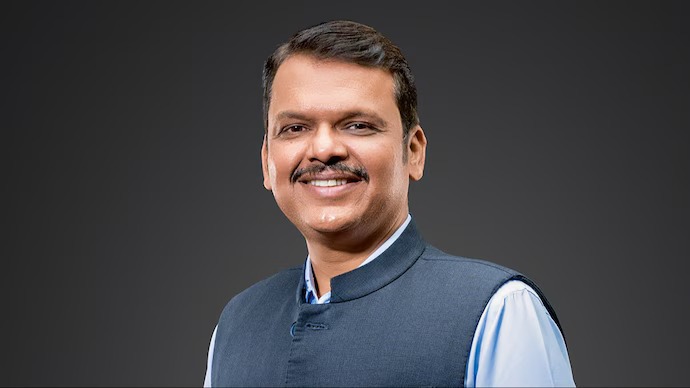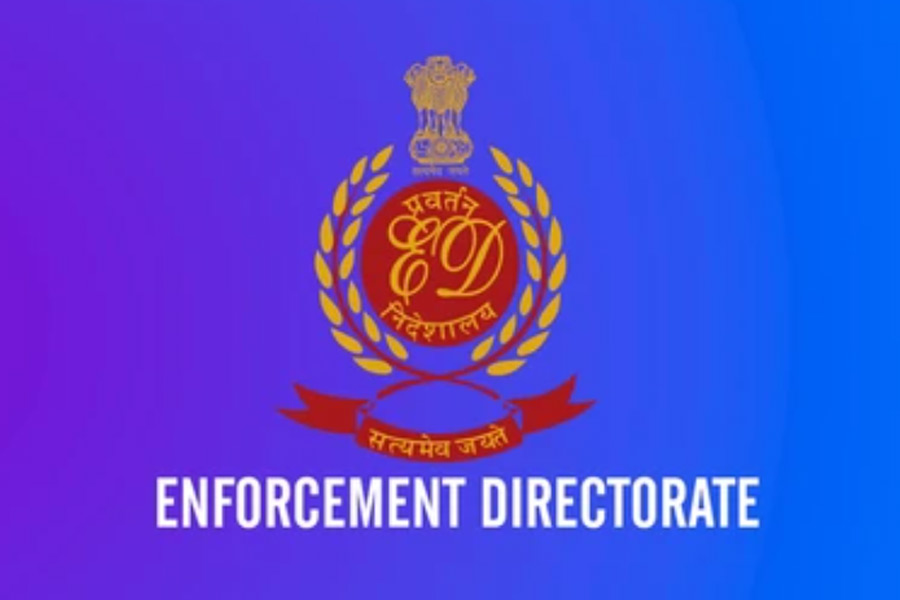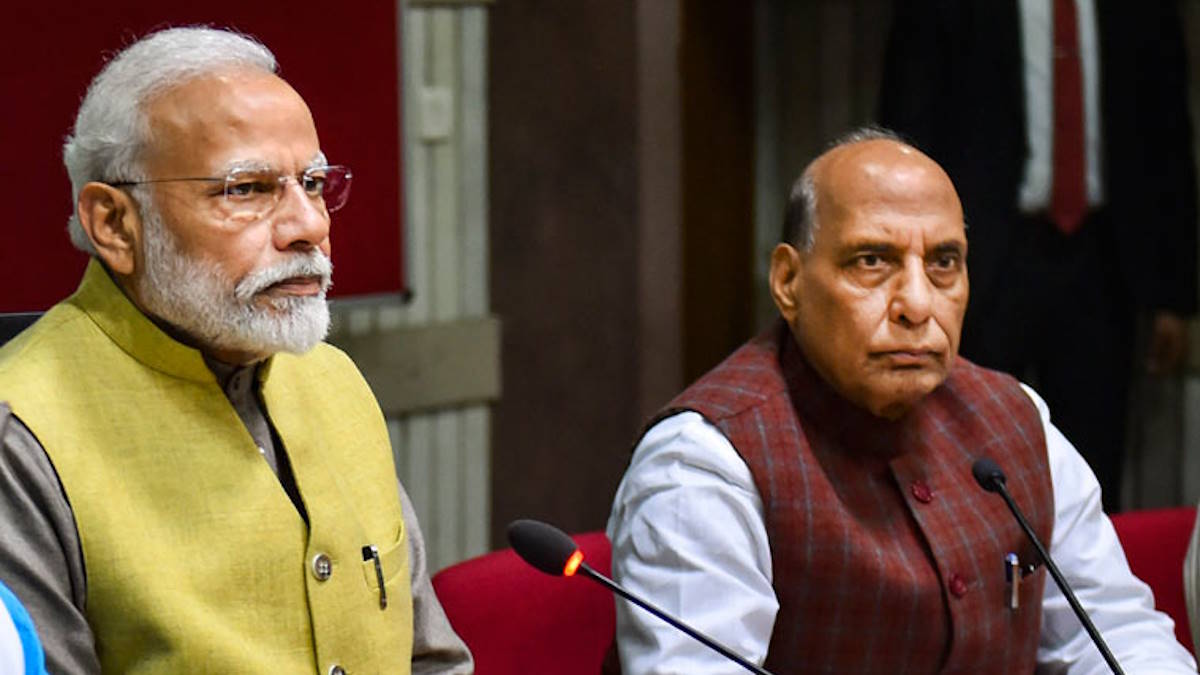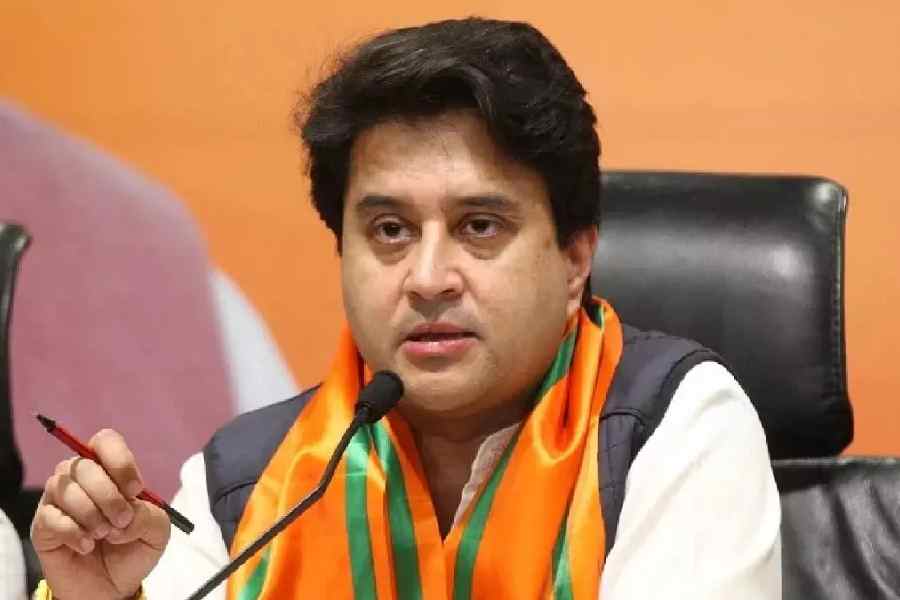Black Panther is much more than a superhero movie
Thu 19 Apr 2018, 11:33:20
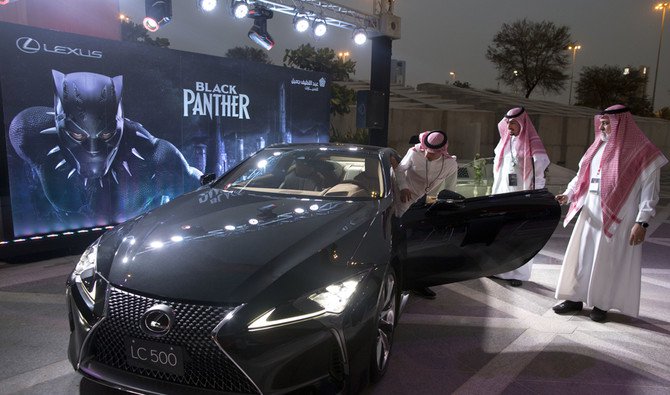
Black Panther may be a Marvel superhero movie, but it’s hard to describe the story without it sounding darn-near Shakespearean. A young king takes the throne after his father’s tragic death. When he finds out the truth about his father’s legacy, and the mistakes his father made as a leader, he must grapple with the fate of his country—keeping it out of the hands of a charismatic and dangerous man who arrives to take the throne and change its direction.
The young king’s name is T’Challa, and he rules the fictional African nation of Wakanda, a land that has, due to a special natural resource found only there, has unmatched wealth, technological development and prosperity. To protect itself, the rulers of the country have always kept the country’s greatness a secret, refusing to open its borders, engage in either war or humanitarian efforts.
What makes Black Panther so potent is the question T’Challa is faced with — what is a powerful country’s role in the world? — has no easy answers. Even better, the film’s central antagonist, Killmonger, who arrives in Wakanda to change the country into a
direct interventionist, makes thought-provoking points of his own, as the best villains do, forcing T’Challa to consider a different path forward.
There are many reasons why Black Panther became a global phenomenon. As the first Marvel superhero film to feature a predominantly black cast from a young black director, it showed audiences something they’d never seen before. That representation will mean so much to communities that Hollywood has traditionally underrepresented, and to young viewers looking up at the screen to see a hero that looks like them, across the world.
What will make this film resonate is that, while providing plenty of action spectacle, beautiful stars, art direction, costumes and superheroism, it is a film with a lot on its mind, asking many questions about how the world should approach its future, and how it should reckon with the many sins of its past.
While the film doesn’t provide enough satisfying answers, the debates it has sparked, and will continue to spark, are what make it an essential film, especially in a country embarking on a new future, and asking these same questions itself.
The young king’s name is T’Challa, and he rules the fictional African nation of Wakanda, a land that has, due to a special natural resource found only there, has unmatched wealth, technological development and prosperity. To protect itself, the rulers of the country have always kept the country’s greatness a secret, refusing to open its borders, engage in either war or humanitarian efforts.
What makes Black Panther so potent is the question T’Challa is faced with — what is a powerful country’s role in the world? — has no easy answers. Even better, the film’s central antagonist, Killmonger, who arrives in Wakanda to change the country into a
direct interventionist, makes thought-provoking points of his own, as the best villains do, forcing T’Challa to consider a different path forward.
There are many reasons why Black Panther became a global phenomenon. As the first Marvel superhero film to feature a predominantly black cast from a young black director, it showed audiences something they’d never seen before. That representation will mean so much to communities that Hollywood has traditionally underrepresented, and to young viewers looking up at the screen to see a hero that looks like them, across the world.
What will make this film resonate is that, while providing plenty of action spectacle, beautiful stars, art direction, costumes and superheroism, it is a film with a lot on its mind, asking many questions about how the world should approach its future, and how it should reckon with the many sins of its past.
While the film doesn’t provide enough satisfying answers, the debates it has sparked, and will continue to spark, are what make it an essential film, especially in a country embarking on a new future, and asking these same questions itself.
No Comments For This Post, Be first to write a Comment.
Most viewed from International
Most viewed from World
AIMIM News
Latest Urdu News
Most Viewed
May 26, 2020
Which Cricket team will win the IPL 2025 trophy?
Latest Videos View All
Like Us
Home
About Us
Advertise With Us
All Polls
Epaper Archives
Privacy Policy
Contact Us
Download Etemaad App
© 2025 Etemaad Daily News, All Rights Reserved.

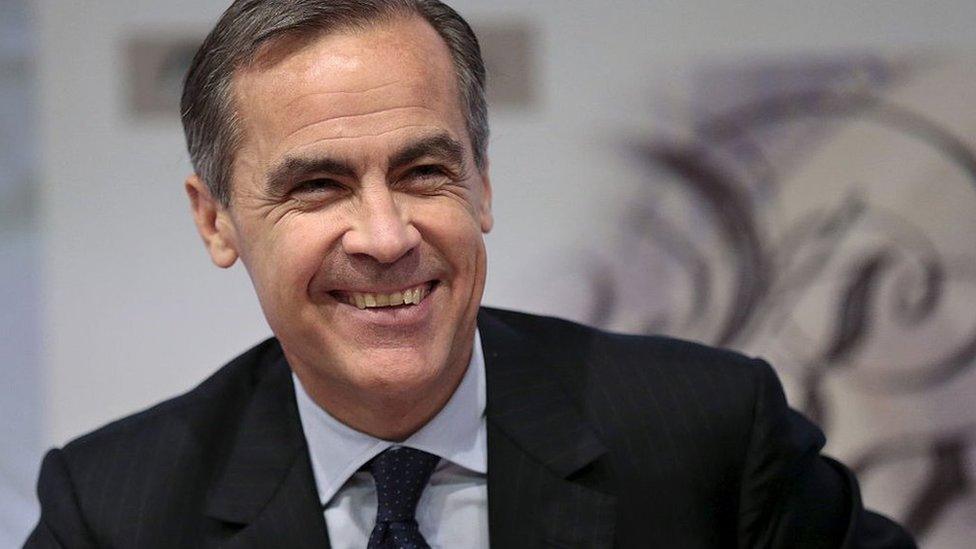
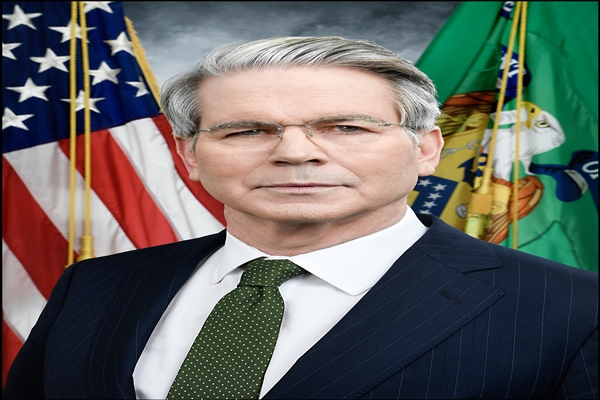
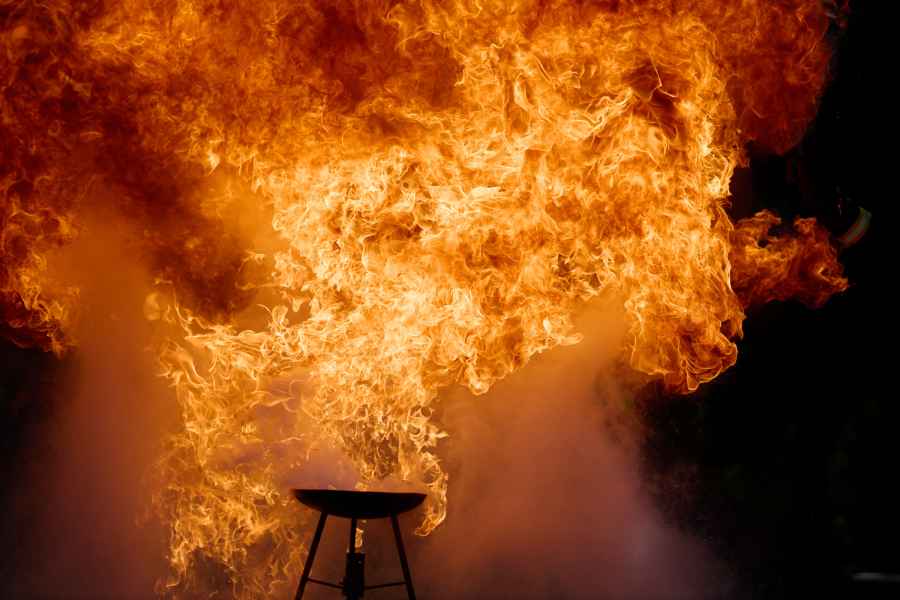
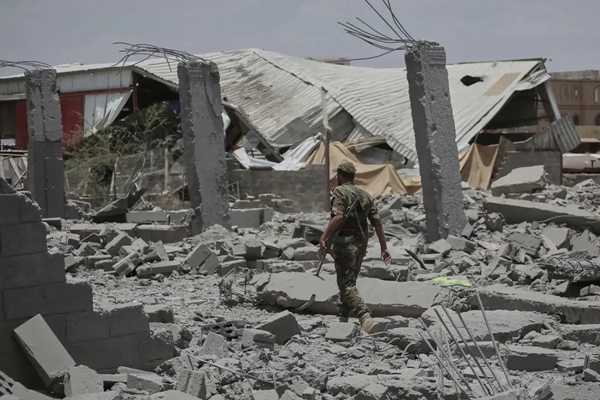


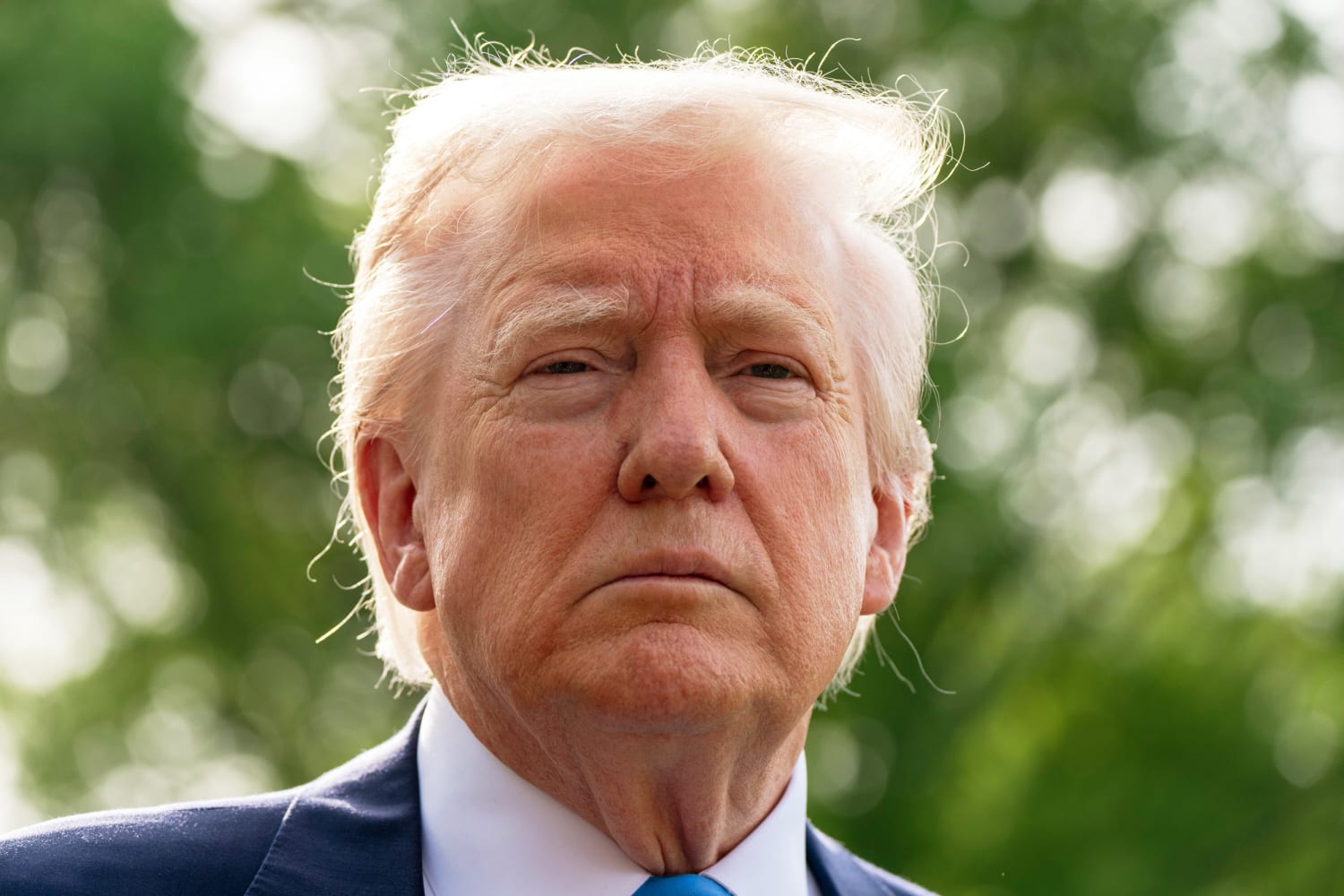

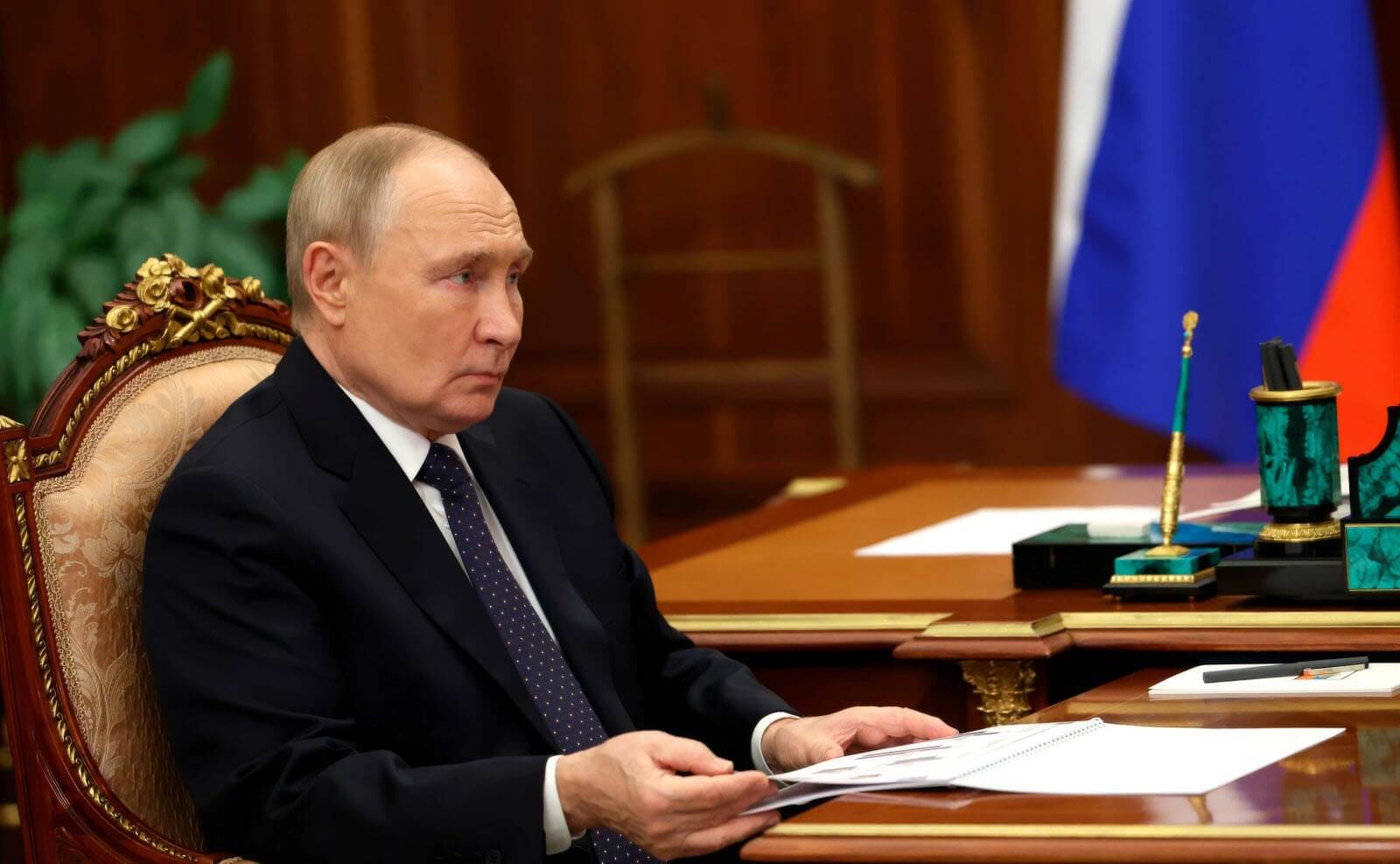
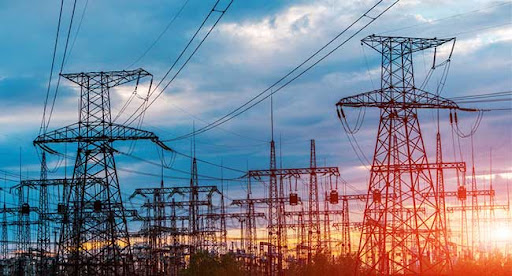
.jpg)
